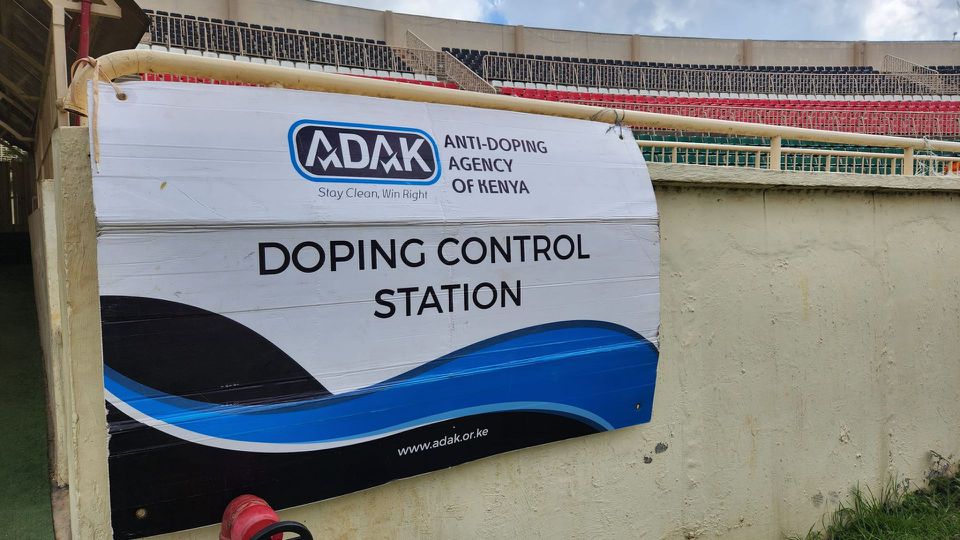The World Anti-Doping Agency (WADA) has raised alarm over what it describes as growing political interference that is hampering its ability to maintain integrity in global sports. Senior officials at the organization say political pressures have significantly increased in recent years, shifting focus away from WADA’s core mission of ensuring clean competition.
According to its Intelligence and Investigations Director, much of the agency’s work has become entangled in politics, leaving less room for effective anti-doping operations. The official described the situation as “frustrating,” noting that a majority of his workload now involves navigating political challenges rather than investigating doping violations.
This comes in the wake of the controversy surrounding 23 Chinese swimmers who tested positive for a banned heart medication in 2021. Chinese authorities concluded that the athletes were inadvertently exposed to the drug through contaminated food at a hotel, clearing them of any wrongdoing. Several of the swimmers went on to win medals at the Tokyo Olympics that year.
WADA’s decision not to conduct an independent investigation into the case sparked widespread criticism, particularly from the United States and its anti-doping body. The U.S. government subsequently withdrew millions in funding and removed its representatives from WADA’s executive committee, citing concerns that the agency had become vulnerable to political manipulation.
Despite the backlash, WADA maintains that its decision was justified. A 2024 independent investigation led by Swiss prosecutor Eric Cottier found no evidence of misconduct within WADA, though it acknowledged that Chinese officials had breached certain procedural rules. The organization argues that geopolitical rivalry between major powers—particularly the U.S. and China—has distorted public perception of its actions.
WADA President Witold Banka has expressed frustration that the agency often becomes a pawn in international power struggles, stressing that such interference undermines global trust in anti-doping systems. To address emerging challenges such as contamination cases, where athletes may unknowingly ingest banned substances, WADA has established a new working group aimed at improving detection and prevention methods.
The agency insists that despite political pressures, it remains committed to impartiality and to upholding clean sport worldwide.

